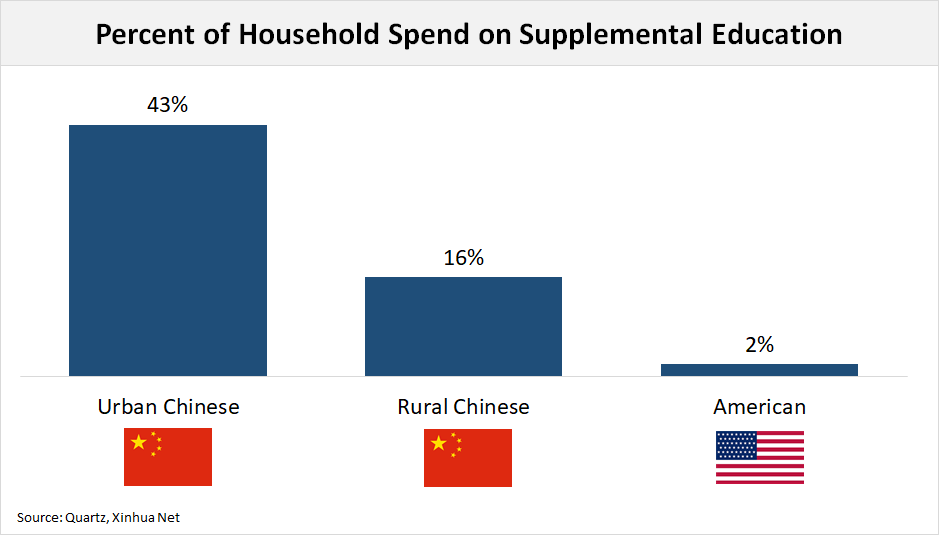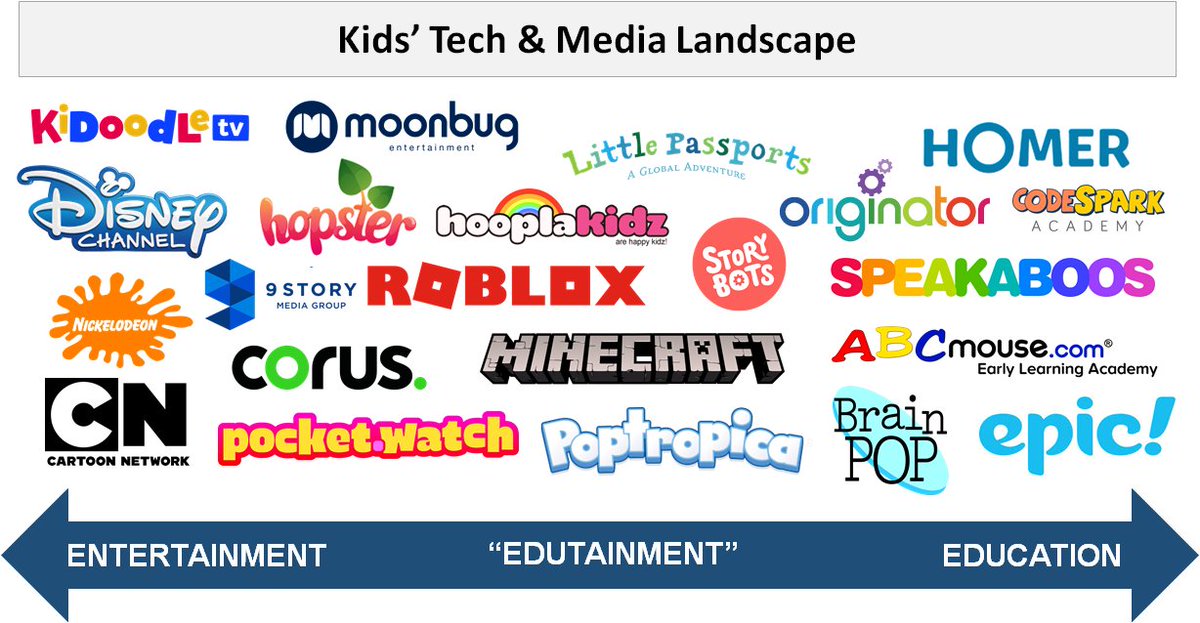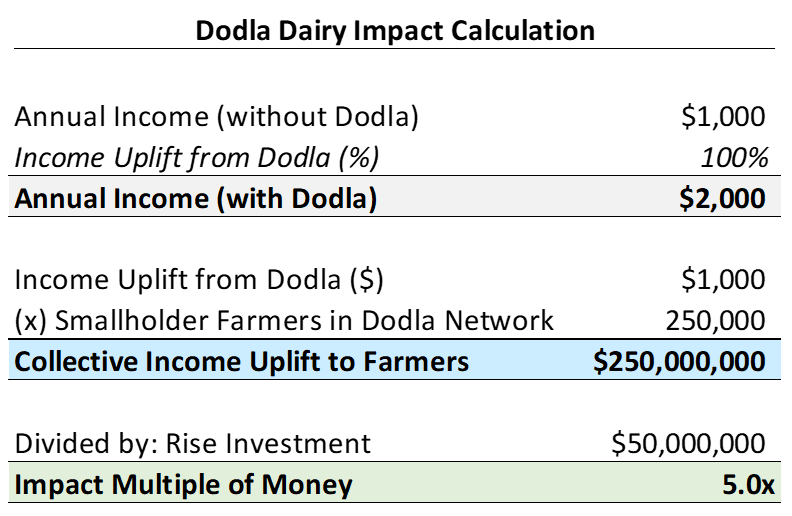
1) One passage from the excellent Bloomberg profile of Ryan Kaji, the highest-paid YouTuber in the world, stood out to me (highlighted below).
Ryan now makes more of his money from commerce than from advertising. This embodies a broader shift that's happening for creators.
Ryan now makes more of his money from commerce than from advertising. This embodies a broader shift that's happening for creators.

2) Ad revenue often isn’t enough to support creators, who are the lifeblood of the internet. One study found that reaching the top 3.5% of YouTube channels—which means about 1M views each month—only gets you $12,000 to $16,000 a year. That’s right around the federal poverty line.
3) ~97% of YouTube creators aren’t making minimum wage on YouTube.
One popular YouTuber, Shelby Church, wrote a blog post about how getting 3,907,000 views on a video only made her $1,276.
One popular YouTuber, Shelby Church, wrote a blog post about how getting 3,907,000 views on a video only made her $1,276.
4) Stitching together business models with subscriptions, microtransactions, tipping / ticketing, virtual currencies, & NFTs / social tokens will let creators better capture value.
More here: digitalnative.substack.com/p/how-to-monet…
More here: digitalnative.substack.com/p/how-to-monet…
• • •
Missing some Tweet in this thread? You can try to
force a refresh










